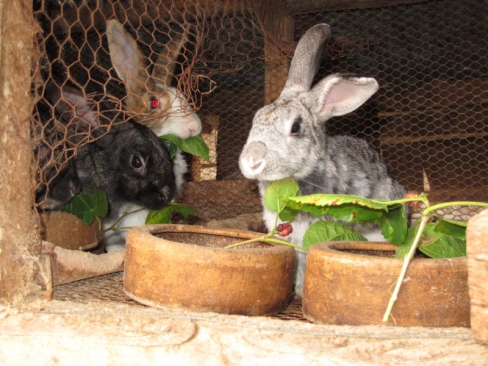×
The Standard e-Paper
Join Thousands Daily

When Gideon Kamau, embraced rabbit farming, he was positive it would bring him good returns. He never imagined it would end with massive losses. Now his hopes and that of fellow farmers have been dashed.
Kamau claims an organisation that calls itself Kenya Commercial Rabbit Council (KCRC) mobilised farmers assured them that they would offer them a market once they enter into a deal with them. But now some farmers are crying foul.